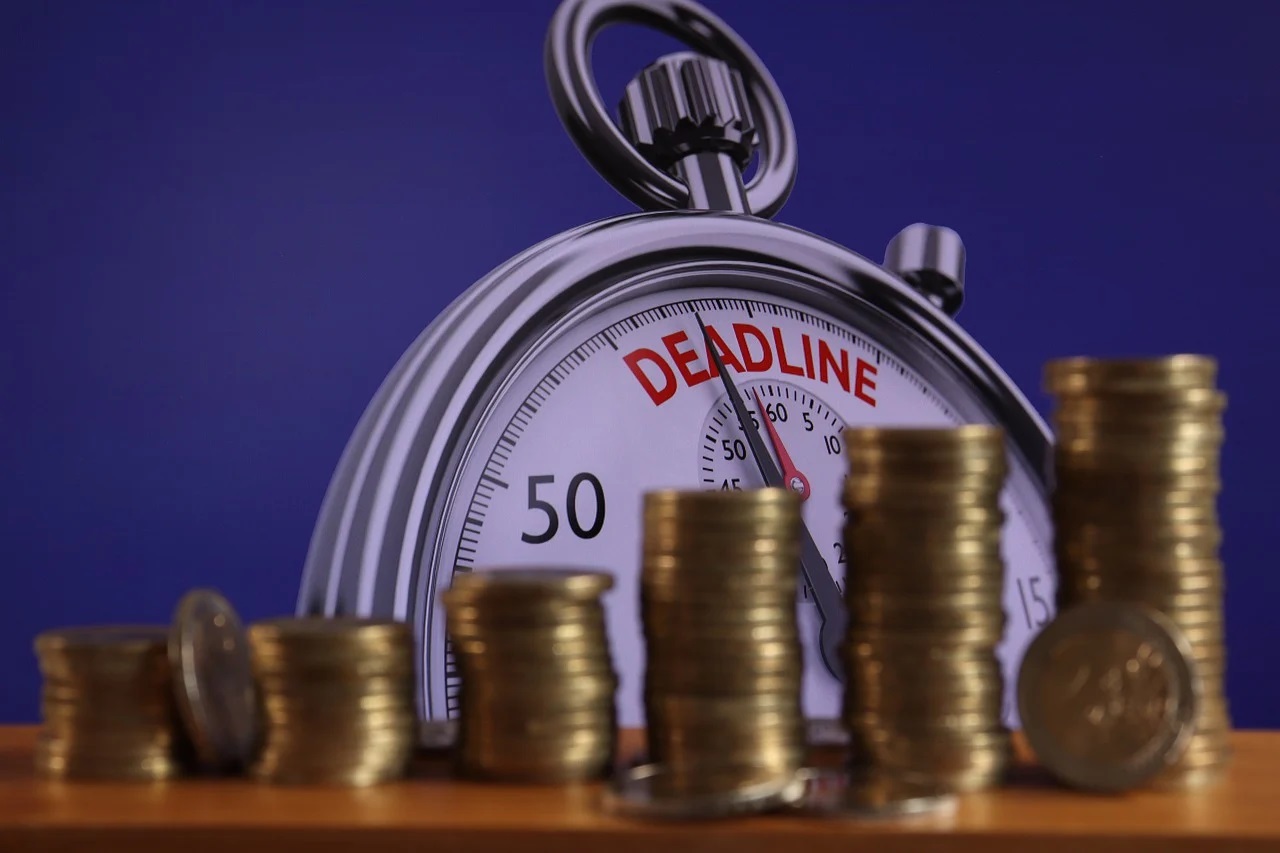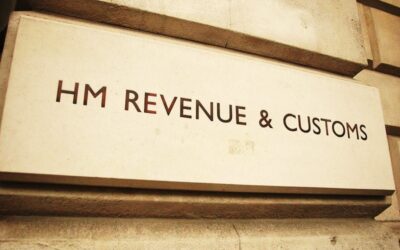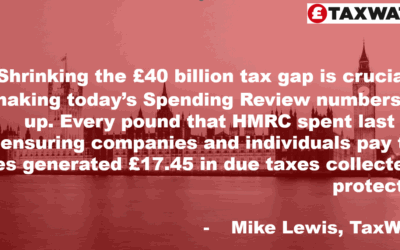- Significant increase in interest charged on late paid tax of 1.5 percentage points, reaching 8.75% from April 2025 expected to exacerbate debt problems for those already struggling to pay
- £1.1bn of additional revenue expected over 5 years, nearly half from income tax self assessment (remainder from VAT and Corporation Tax)
- Interest is not appealable, unlike behavioural penalties for careless or deliberate mistakes leading to underpayment.
- Penalties are still being imposed where no tax is due, e.g. late filing penalties for those within the personal allowance, hitting low income taxpayers
- Investment in HMRC debt management – 1,800 additional officers to raise over £7 billion in 5 years from 2025/26, a reaction to very high historic tax debt of £43 billion at the end of 2023/24.
Underneath the headline grabbing measures in last week’s Autumn Budget a minor change went unnoticed, but it’s one that could have a major impact on lower income taxpayers within self assessment who inadvertently make mistakes and run up debt to HMRC. From next April the rate of interest on late paid tax is increasing to 8.75% (Bank base rate plus 4%), up from 7.5%. Whilst taxpayers can appeal penalties if they have a reasonable excuse for late or misfiling their tax returns, there is no statutory right to appeal the interest if their error results in an underpayment of tax that is found to be due later.
The Office for Budget Responsibility estimates over £250 million per year of additional revenue resulting from the change, nearly half of which is predicted to come from taxpayers within income tax self assessment.
Interest on late paid tax has always been a feature of the UK fiscal regime, but up until now interest has been charged, as HMRC guidance states, to “recompense for the loss of use of money over time. It is not a penalty.”[1] This no longer appears to be the case, as interest is now being set at a penal rate, with implications which are concerning for taxpayers, especially those who are struggling with the complexity of their tax affairs and have difficulties paying.
Tax professionals[2] [3] have been calling for penalties to be capped at the amount of tax arrears to ensure taxpayers who don’t owe any tax can’t be charged a penalty as used to be the case before 2010. This would prevent those with no tax liability, such as low income sole traders whose profits are below the Income Tax personal allowance, being charged a late filing penalty.
The lack of reform on penalties especially for those on limited means, combined with this interest rate hike, means that innocent errors from confused taxpayers can snowball into a very serious situation far quicker than before, particularly as interest is charged on the amount of unpaid tax plus penalties.
Within the context of this change HMRC have also been given more resources to chase down accrued tax debt by hiring an additional 600 debt recovery staff, together with more resources for the 1,200 existing officers. This measure is expected to raise an additional £1.5 billion per year from 2026, taking a small bite out of the existing tax debt of £43bn as at 31 March 2024. However, given the provision for bad debt deemed uncollectable was a staggering 45% for 2023/24[4], the increase in interest rates may only exacerbate the overall debt picture.
To increase the interest rate on tax debt could be seen as an indirect lever to increase compliance by taxpayers, making the implications of underpaying tax (e.g. claiming a relief that is found later to not be available, or under declaring income that is taxable) more punitive. If that were the case there would be a logic to increase the rate of credit interest HMRC pay on taxes overpaid or paid early. Yet this remains unchanged by the Budget at 3.25% (Bank Base Rate minus 1%). The conclusion TaxWatch draws from this is that the decision to increase interest charged on tax debt has been done to simply raise revenue because the Government judges they can get away with the measure as it’s low profile. It speaks to the desperate state of the public finances that the new Government isn’t taking strategic choices about the tax system despite this being the best point in the electoral cycle to do so.
**Rates updated following BoE MPC decision to cut by 0.25% the prevailing base rate with effect from 7 November**
[1] https://www.gov.uk/hmrc-internal-manuals/compliance-handbook/ch140100
[2] https://taxpolicy.org.uk/2023/06/26/penalties2023/
[3] Self assessment late filing penalties – improving fairness for unrepresented taxpayers | Low Incomes Tax Reform Group (litrg.org.uk)
[4] HM Revenue and Customs – Annual Report and Accounts 2023 to 2024 (publishing.service.gov.uk) R7



